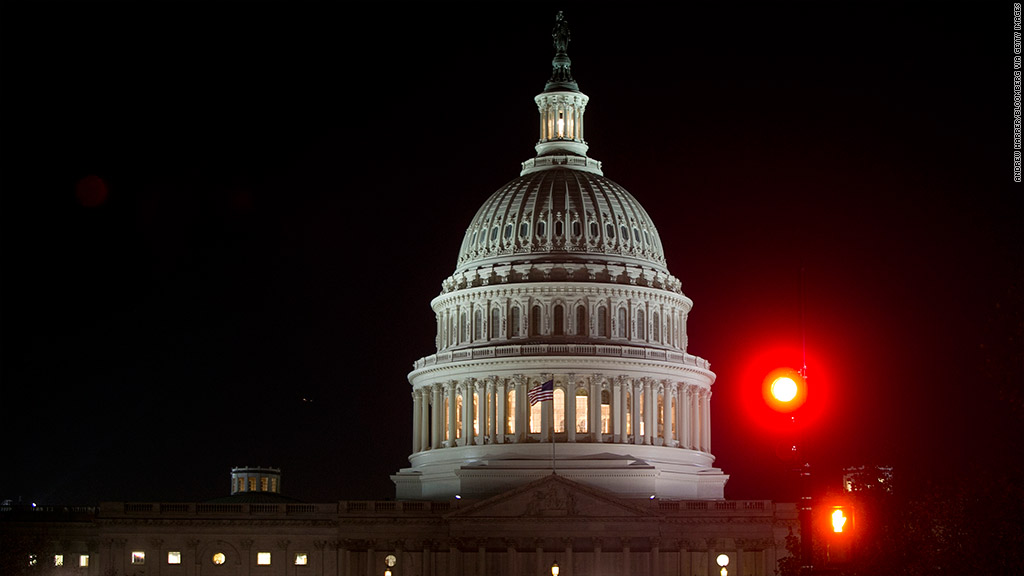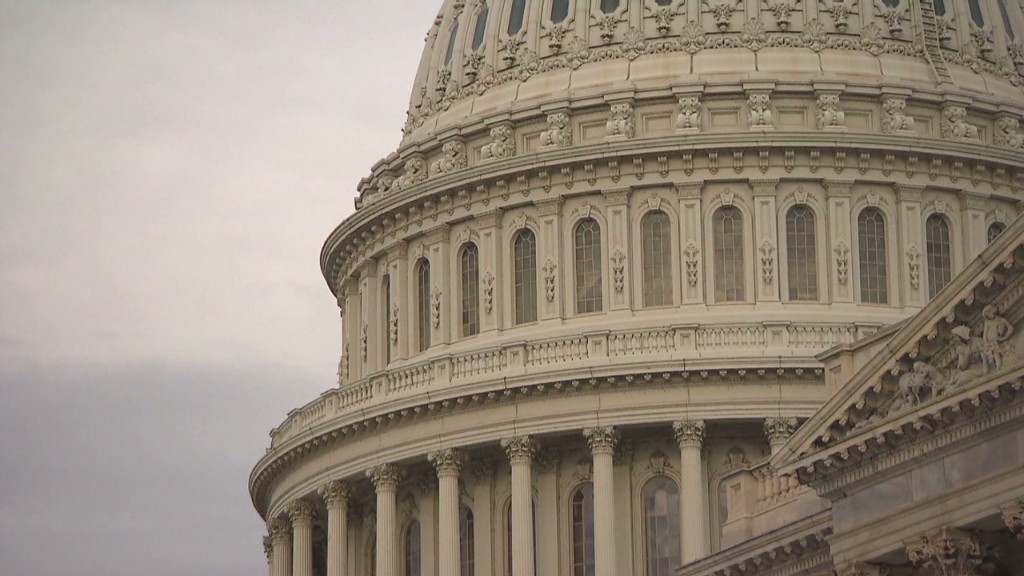
In all the rhetorical noise about the fiscal cliff, the discussion has focused most heavily on the Bush-era income tax cuts.
Neither party wants to raise income taxes on the middle class, which has come to be defined as families making below $250,000.
But for workers in that income group, there's an equally if not more valuable tax cut that expires at the end of this year: the payroll tax cut.
If it expires, it would reduce workers' paychecks by $115 billion next year, according to the Tax Policy Center.
For example, someone making $50,000 would pay an extra $1,000. Someone making twice that would pay an additional $2,000.
The payroll tax funds Social Security. For the past two years, the payroll tax rate -- normally 6.2% -- was reduced to 4.2%. In 2013, it's set to go back to 6.2% on the first $113,700 in wages, up from $110,100 currently.
The tax cut was intended to provide stimulus in a slow economy. It was never intended to be permanent.
Indeed, up until about a month ago, top voices in both parties were saying it was time for the payroll tax cut to end. And Washington policy analysts expected it would be allowed to expire.

But just last week, the White House indicated it might like to see a payroll tax cut extension as part of a fiscal cliff deal. House Republicans, however, excluded such an extension in their counter proposal.
Policy analysts say that while one should not discount the possibility of a payroll tax cut extension, it's by no means a given.
"With the White House clearly holding the trump cards, we think a fiscal cliff deal could include ... a compromise that might raise the payroll tax from 4.2% now to something like 5.2% -- but not all the way back to the previous 6.2% rate," Greg Valliere, chief political strategist at the Potomac Research Group, said in a research note.
Sean West, the U.S. policy director at the Eurasia Group, is less convinced. "It's certainly possible that it gets extended, but I'm still betting against it. It's something the president put in there to barter away," he said.
Steve Bell, the senior director of economic policy at the Bipartisan Policy Center, also thinks a payroll tax cut extension is unlikely. But, he said, "some other form of short-term taxpayer help is likely."


